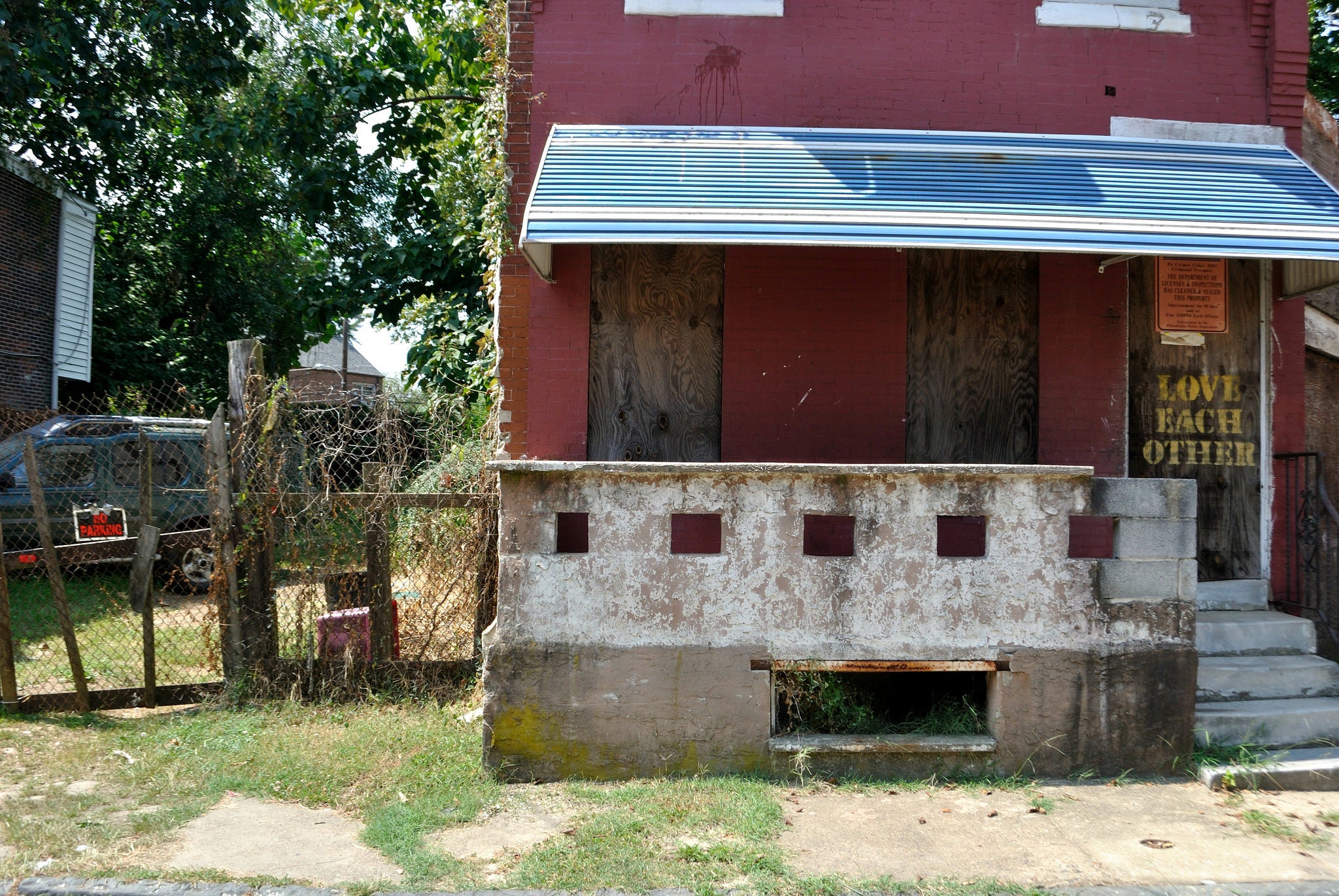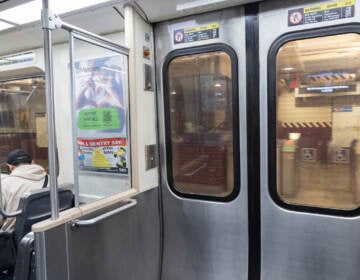Advocates still want clear targets in Land Bank plan

The Philadelphia Land Bank should set clear, specific goals for how many properties it will transfer for urban gardens, side yards, affordable housing, market-rate development, and other uses in its next year of business, a group of advocates said during a hearing on Wednesday.
The Land Bank, which was created at the end of 2013 to help accelerate Philly’s efforts to find good uses for some of its many thousands of vacant lots, has made progress in fits and starts in its first year. Last fall the organization released its first strategic plan, which was received well, mostly, by the dozens of advocacy groups that helped bring the Land Bank into existence and approved by City Council shortly thereafter.
Over the last year the Board began working to clear the title on thousands of city-owned vacant properties and drafting policies for acquiring parcels that are privately owned, vacant, and tax-delinquent. At the same time, the City was working to negotiate new labor contracts with four union groups whose members will work on Land Bank business. Those negotiations were finalized last month, at which time Michael Koonce, the director of the Land Bank, announced he was leaving the job.
The Land Bank has since updated its strategic plan for its second year of operations, which was the subject of Wednesday’s hearing. The updated plan sets a goal of disposing of 250 properties by the end of 2015. It projects that the Land Bank will begin acquiring properties, from other city agencies as well as from tax-delinquent private owners, next year with increasing transfers into and out of its control over the next five years.
But some advocates say those targets should be tied to specific land-use goals outlined in the original strategic plan. On Wednesday, dozens of advocates with the Philadelphia Coalition for Affordable Communities appeared at the hearing to call for more detail in the goals. The group evolved out of the Campaign to Take Back Vacant Land, which advocated for the formation of the Land Bank, and reoriented itself last year to fight for “development without displacement.”
“If you don’t set clear goals for affordable housing,” said Tyrone McQueen, a Coalition member and formerly homeless Frankford resident who works with the Women’s Community Revitalization Project, “how can we be sure you’ll give land for it?”
Beth McConnell*, policy director for the Philadelphia Association of Community Development Corporations, said the Land Bank should be more aggressive in its plans to acquire vacant land from other city agencies. The entire public inventory of vacant properties should be in the Land Bank’s control by the end of 2017, she said. She also said it was time for City Council members to begin introducing ordinances authorizing transfers of vacant properties in their districts, and that the Land Bank and the incoming mayoral administration should start talking with the Philadelphia Housing Authority about acquiring surplus properties owned by PHA, which operates independently of the city and isn’t included in the Land Bank.
“Concluding this Council session and Administration with progress sends a signal that the Land Bank is open for business,” McConnell said.
Leah Lazer, of the Philadelphia Food Policy Advisory Council, said it was disappointing that the updated plan doesn’t have clearer land-use benchmarks. She also said that the Land Bank should provide information about how city agencies have handled Expressions of Interest (EOIs) on surplus property in the past.
The Land Bank Board will discuss the updated plan at its next meeting, on November 12th, when it will also appoint an interim executive director.
* Disclosure: Beth McConnell is a member of PlanPhilly’s Advisory Board.
WHYY is your source for fact-based, in-depth journalism and information. As a nonprofit organization, we rely on financial support from readers like you. Please give today.






